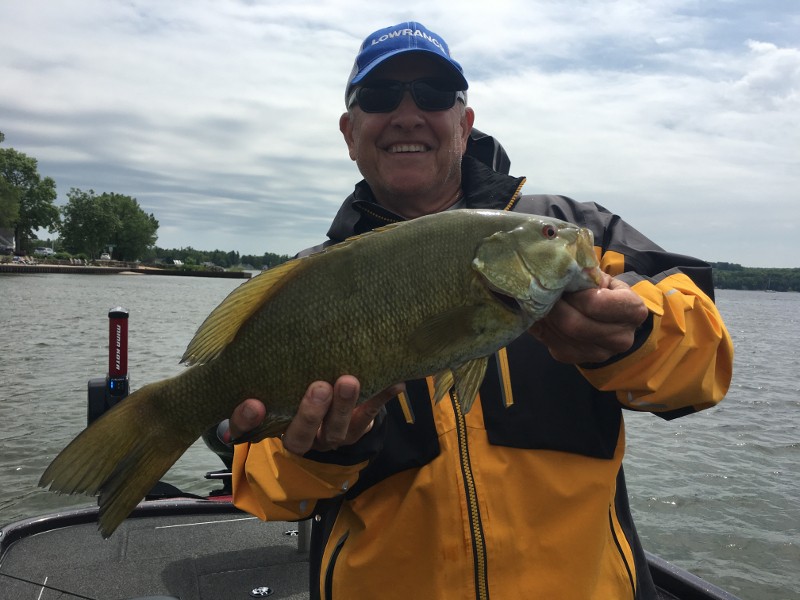“Urban myth” is defined by the Cambridge Dictionary as: a story or statement that is not true but is often repeated and believed by many to be true.
We are surrounded by urban myths. They have existed as long as mankind. Repeat something often enough and it becomes truth.
Urban myths only die when experience proves them as liars:
-
“The earth is flat.”“Watch this,” said Christopher Columbus.
-
“Man is not meant to fly”“Watch this,” said Wilbur and Orville Wright.
-
“Smallmouth bass are the hardest fighting bass there is.”“Watch this,” I said as I boarded an airplane and headed to the smallmouth Mecca of Sturgeon Bay, Wisconsin.
For over 40-years I’ve heard the urban myth that smallmouth bass are “the baddest bass that swim.”
In 66-years of life I have only caught two or three smallmouth bass. That hasn’t happened by accident; only decades of lousy fishing technique and abject stubbornness get that credit.
Back in the 1950s and 60s, a youngster in Illinois – where smallmouth bass once were numerous – being “green” did NOT mean you were an environmental advocate. Being “green” just described the color and condition of the pond or lake you were fishing.
I grimace when I recall the disregard most fishermen and women had for the resource. The neglect wasn’t deliberate; we just didn’t think past the moment and consider the future of fishing.
But that’s for another blog. Thankfully, folks woke up, looked to the future and became environmentally sensitive.
All that is said as an excuse for the fact that I never caught a smallmouth bass, not one, as a young man fishing every pond and lake I could find in the Chicago vicinity. They truly were scarce and faced possible extinction in Cook County. Catch one and you might get your picture in the local newspaper.
When I finally moved south in the early 1970s and began catching largemouth bass I saw no reason to ever return north again with a fishing rod in my hands. I was a happy camper.
Then I discovered “spots”: Kentucky spotted bass was the first moniker I heard used to describe the feisty residents of Lake Lanier. They bit like crazed dogs and fought like Ninjas.
Nevertheless, Yankees kept repeating the urban myth: “Smallmouth bass are the hardest fighting bass there is.” Their claim was like an annoying fly that won’t stop buzzing around your head; you finally reach a point where you stop everything you are doing and focus solely on ending that irritating buzzing-sound.
Such was my esprit de corps: I needed to find out for myself if smallmouth bass were the infamous black belts of the bass-fishing world that they were purported to be.
That led to my plane ride last month.
I spent five days chasing them at the exact place Bassmaster Magazine named as the number one location for catching them: Sturgeon Bay, an inlet off Lake Michigan’s Green Bay. (Yes, I did stop briefly to see Lambeau Field but thoroughly bathed afterwards for my Atlanta Falcons friends.)
I spent two of those days fishing with a guide. We caught lots of smallmouth, I’m not sure how many, but enough to scientifically prove to myself whether the urban myth was really an urban truth.
So if you promise to keep this to yourself and not offend our northern neighbors I will tell you my observation. Smallmouth bass are superior acrobats, frequently bursting through the surface and putting on an impressive aerial display, but if you tied a spotted bass tail-to-tail with an equally-sized smallmouth bass, that smallmouth bass is going for a ride.
Tens of thousands of battles with spotted bass over the past thirty years, and now hundreds of battles with Yankee smallmouth, point in only one direction: spotted bass rule!
As Jamie Hyneman and Adam Savage say often on their popular Discovery Channel television show: “Myth Busted!”









